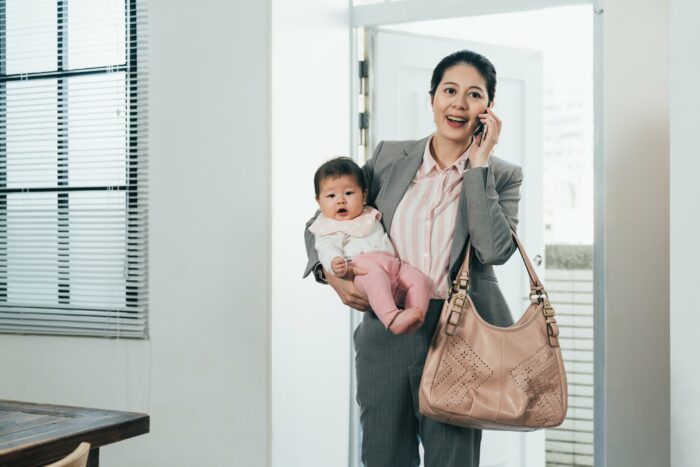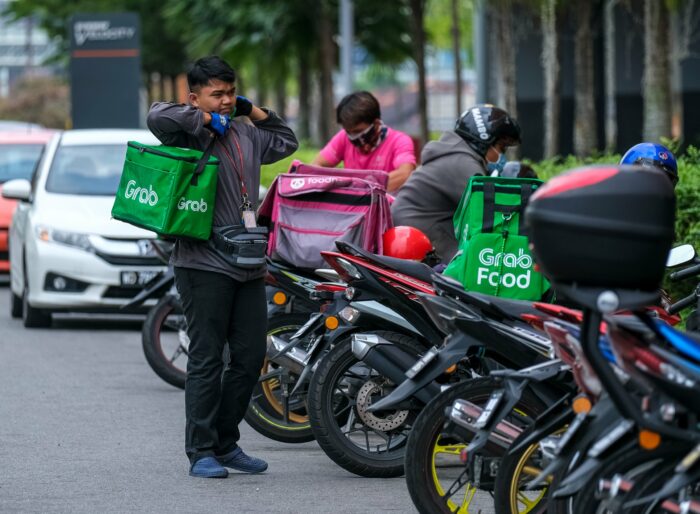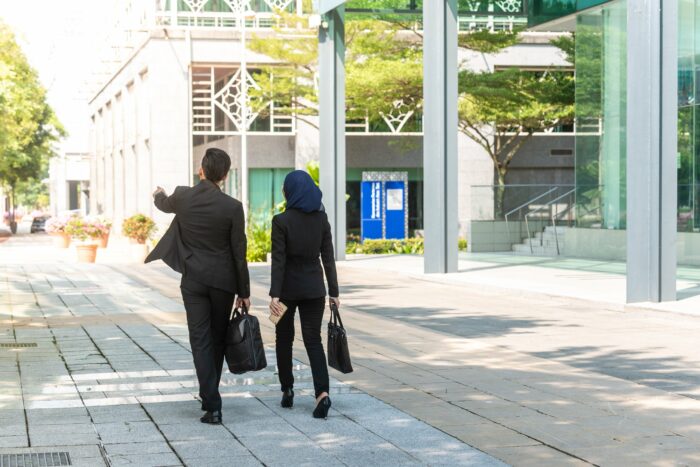More young South Koreans take up flexible jobs

They like the flexibility to choose their working hours and enjoy the freedom from corporate culture and relationships.
Chinese city facilitates return to work for moms

The Zhongshan city government in Guangdong province has introduced a series of incentives to support “working moms” reentering the workforce.
Indonesia backs tech adoption by MSMEs

Digital transformation is critical for micro, small and medium enterprises (MSMEs) in Indonesia to improve efficiency and business development.
Malaysia urged to delay implementing reduced working hours

The Malaysian Employers Federation (MEF) has urged the government to postpone the reduction in weekly working hours.
Lawmaker pushes for unemployment insurance in the Philippines

A new bill seeks to protect workers who have been laid off by providing assistance during periods of unemployment.
India plans to ease WFH rules for special economic zones

This is to sort out differences in opinions of remote work between developers and IT companies in special economic zones (SEZs).
Australia union urges focus on wage growth and full employment

The Australia Council of Trade Unions (ACTU) has called for an economic restructure that bring benefits to Australians rather than firms.
Thai employers’ body disagrees with minimum wage hike

The Federation of Thai Industries (FTI) is objecting to the Labour Ministry’s plan to enforce a new minimum wage hike on October 1.
Employment in Malaysia rises in 2Q2022

The highest number of jobs was created in the services industry, recording 52.5% or 15,400 jobs, followed by manufacturing and construction.
Increase in the number of elderly workers in the Philippines

Workers aged 65 and above increased to 38.2% in June, up from 34.9% in May, according to the Philippine Statistics Authority (PSA).
Majority of self-employed Malaysians lack social security protection

Only 15.5% or 369,107 self-employed people in Malaysia are contributing to the Self-Employment Social Security Scheme (SESSS).
South Korea mandates some workplaces to provide rest facilities

The labour ministry is now making it compulsory for all workplaces employing a certain number of regular employees to provide rest facilities for their staff.
Firms in Singapore risk losing talent over mental health and fatigue

Only about 66% of employers in the city-state are actively taking steps to address mental health challenges.
Malaysia to introduce shorter working hours

Working hours in the country will be reduced to 45 hours from the current 48, according to amendments to the Employment Act.
Establishing workplace wellbeing plans in New Zealand

Companies are encouraged to gather opinions from their employees and use the information as a basis for the programme.
Employees in Japan allowed to take on secondary employment

A survey among 100 leading corporations found that 81 of them have no issue with staff taking up a second job to boost income.
Asia Pacific predicted to lose 63 million jobs to automation by 2040

Despite the loss, Forrester expects the green economy to help make up for some losses as more countries commit to carbon neutrality.
Workplace portal for mothers created in Australia

Supporting young families in mind, the online portal for workplaces provides resources and information about pregnancy and mothers returning to work.
Majority of young workers in India look to upskill

Courses in finance, data science, analytics, technology and management are the top five programmes with the highest level of enrolment.
Malaysian companies explore alternative employee benefits

To retain talent and boost productivity, companies are offering employee stock option plans (ESOPs) to their employees.
Indonesia provides support for creation of startups

A new programme aims to ensure startups have strong financial fundamentals, legal aspects, and intellectual property.
Employers in India support hybrid work arrangements

Nearly 53% of employers prefer hybrid work arrangements for their employees, though the degree of adoption varies from company to company.
Malaysia channels RM21 billion to wage subsidy programme

The government has also helped place workers in jobs and reserved a quota of 1% of job placements for young people with disabilities.
Employees in the Philippines can choose to extend working life

A new bill has been filed to repeal the compulsory retirement age of 65 years to allow employees to continue working if they want and are able to.
Japan pushes for higher take-up of paternity leave

While a record number of men took paternity leave in Japan last year, the figure still falls short of the government’s goal of reaching 30% by 2025.
New Zealand’s on-the-job training programme reaches 5,000 people

Launched in 2018, the programme is designed to provide skills training and employment opportunities for workers in the country.
Number of startups continue to grow in India

With more than 80 startups recognised every day, India is estimated to be home to some 75,000 startups, with the number expected to grow.
More work flexibility called for in South Korean workplace

The Federation of Korean Industries has urged employers to provide more work flexibility to employees.
Japan pushes firms to promote human rights

The government wants firms to extend the practice of conducting human rights to their suppliers, clients, joint ventures and investment portfolios.
Driving a sustainable digital economy with ESG

Mahadhir Aziz, CEO of the Malaysia Digital Economy Corporation (MDEC), addresses questions frequently asked about sustainability reporting.
